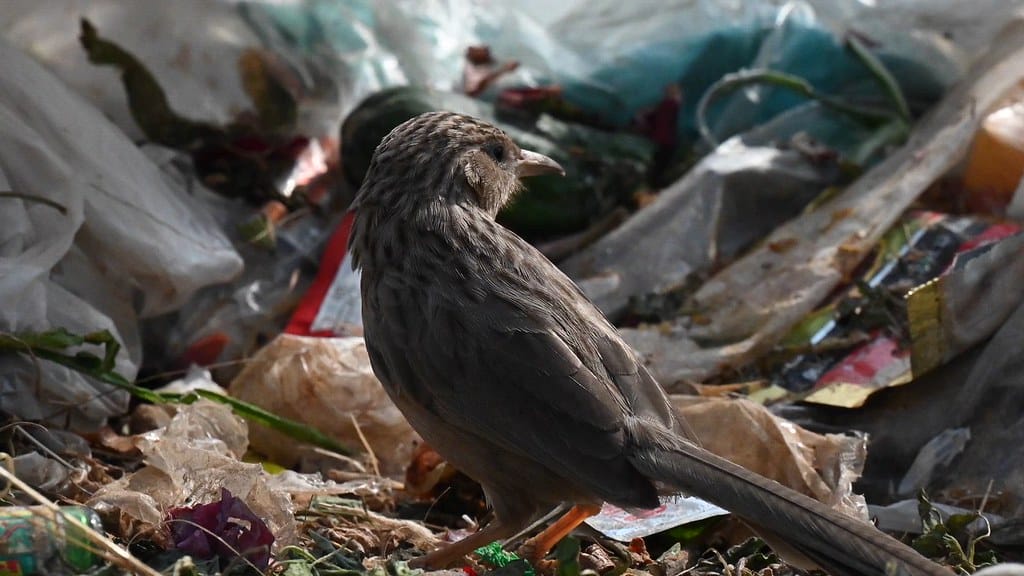Malaysia Takes a Stand: No More American Plastic Waste
Southeast Asian nation joins growing global movement to reject Western waste dumping, forcing reckoning with plastic crisis
Malaysia has announced it will no longer accept plastic waste imports from the United States, marking a decisive shift in global waste management dynamics and highlighting the urgent need for developed nations to address their own plastic pollution crisis. The decision, which affects millions of tons of waste annually, represents a seismic change in how the world handles its mounting plastic problem.
The End of an Era
For decades, wealthy nations like the United States have shipped their plastic waste to developing countries, treating them as convenient dumping grounds. Malaysia became a primary destination after China implemented its "National Sword" policy in 2018, effectively banning most foreign waste imports. The Southeast Asian nation quickly found itself overwhelmed, processing over 750,000 tons of plastic waste in 2018 alone—a dramatic increase from previous years.
The Malaysian government's decision stems from mounting environmental and health concerns. Illegal plastic processing facilities proliferated across the country, often operating without proper permits or environmental safeguards. These operations contaminated local water sources, polluted air quality, and posed serious health risks to nearby communities.
A Cascading Global Impact
Malaysia's ban creates a domino effect across the global waste trade. The United States exports approximately 1 million tons of plastic waste annually, with Malaysia previously accepting a significant portion. Other Southeast Asian nations, including Thailand, Vietnam, and the Philippines, have implemented similar restrictions, leaving American waste management companies scrambling for alternatives.
"This forces us to confront the reality that we can't just ship our problems overseas anymore," explains Dr. Sarah Chen, an environmental policy researcher at Georgetown University. "The chickens are coming home to roost."
The ban exposes fundamental flaws in America's recycling narrative. Many Americans diligently sort their plastics, believing they're being responsibly recycled. In reality, much of this material was simply exported, often processed in environmentally harmful ways or illegally dumped.
Environmental Justice at the Forefront
Malaysia's decision reflects growing awareness of environmental justice issues. Developing nations increasingly refuse to bear the environmental burden of wealthy countries' consumption patterns. Local communities near illegal processing sites reported increased rates of respiratory illness, skin conditions, and contaminated drinking water.
The Selangor state government documented over 100 illegal plastic waste processing facilities, many operating in residential areas. Workers, often undocumented migrants, faced dangerous working conditions without proper protective equipment or safety protocols.
Economic Realities and Opportunities
While the plastic waste trade generated revenue for some Malaysian businesses, the hidden costs proved enormous. Environmental cleanup, healthcare expenses, and infrastructure damage far outweighed economic benefits. The government now prioritizes developing domestic recycling capabilities and promoting circular economy principles.
This shift creates opportunities for innovation in waste management. American companies must invest in domestic recycling infrastructure, develop new plastic alternatives, and redesign products for better recyclability. Some forward-thinking businesses view this challenge as a catalyst for sustainable innovation.
The Path Forward
Malaysia's ban forces a critical reevaluation of global plastic consumption and waste management. The United States must develop comprehensive domestic solutions, including improved recycling technology, reduced plastic production, and better product design standards.
Several states have already begun implementing extended producer responsibility programs, requiring manufacturers to take greater responsibility for their products' end-of-life management. California's recent legislation mandating 25% recycled content in plastic beverage containers exemplifies this approach.
A Wake-Up Call for Change
Malaysia's decision represents more than a policy change—it's a moral reckoning. The era of exporting environmental problems to developing nations is ending, replaced by demands for genuine sustainability and responsibility.
The plastic crisis requires systemic solutions: reducing single-use plastics, improving product design, investing in advanced recycling technologies, and creating robust domestic waste management systems. Malaysia's ban doesn't create the plastic problem—it simply forces acknowledgment of its true scope.
As other nations follow Malaysia's lead, the message becomes clear: the time for convenient waste disposal solutions has passed. The future demands genuine circular economy principles, where waste becomes a resource and environmental responsibility cannot be outsourced. Malaysia's bold stance may prove to be the catalyst that finally drives meaningful change in how the world manages its plastic waste crisis.
